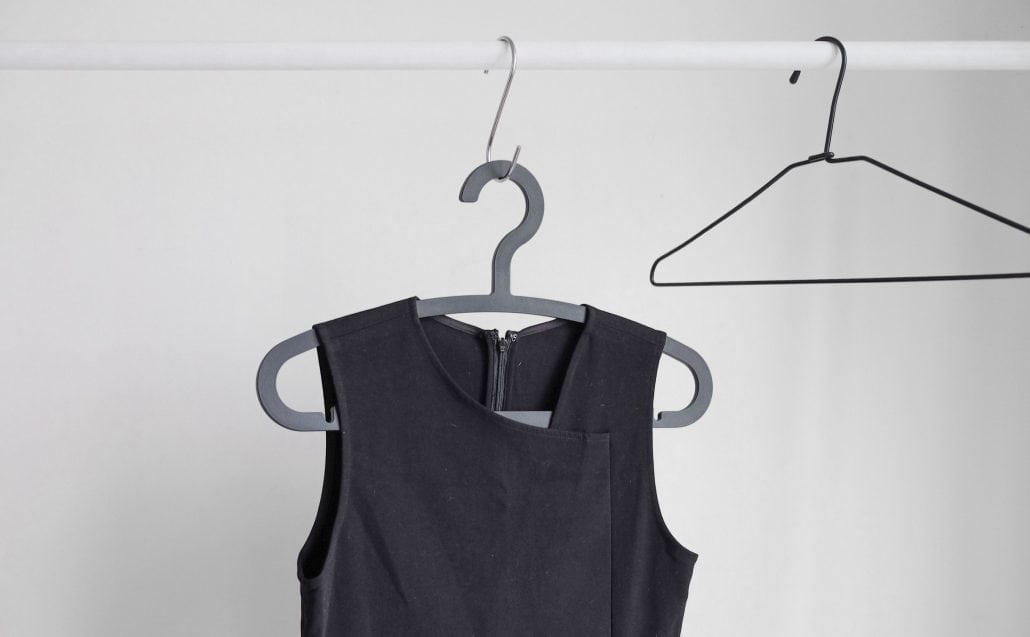Meditate Your Way to a Cleaner Closet?
So, your closet (aka air raid shelter/doomsday bunker/post-apocalyptic fall-out) needs clearing – serious clearing. I guess it’s time to make a cup of tea. Oh, and don’t forget to change the ringtone on your phone. Have you fed the cat? You have. Well, feed the dog then. While you’re at it, have you seen that cute kitten meme on Buzzfeed? Turn up the radio. This is a great tune. Did someone say something about demons? I can’t hear anything with all this noise.
There’s nothing like a healthy dose of distraction to put off the inevitable. Despite the mounting evidence (burgeoning clothing heaps, growing inertia, the smell of despair), there’s always a good reason to avoid tackling a closet clear-out. Why? Because it’s bloody exhausting, that’s why.
The strict focus required to bridge the gap between sowing and reaping is such that it literally drains one’s willpower; and once mental energy is compromised, that’s when we jack it all in to watch two seasons of The Crown back-to-back. Putting things on pause may make us feel better in the short-term by lowering tension and easing anxiety but it can greatly impact our long-term well-being.
So instead of brewing yourself another cuppa, why not discover what’s behind this brewing unease. Can you answer ‘yes’ to any of the following questions?
- Do you feel guilt or shame about how much money you’ve wasted on unworn clothes?
- Are you embarrassed about the catastrophic state of your closet?
- Does the size of the task fill you with anxiety?
- Are you afraid of how getting rid of things will make you feel?
If so then it’s time to kick procrastination to the curb with a mind-shifting, mini-meditation. Sounds like hippie hokum? Let me sell it to you…
The aim of meditation is to retrain our attention by observing the patterns and habits of the mind. According to a study carried out by Harvard researchers, meditation also helps develop the mind’s plasticity and its attendant ability to bounce back more quickly from a distraction.
Quick neuroscience 101: plasticity refers to the brain’s ability to redecorate the gaff in a bid to tune into your needs. In other words, the mind can reorganise its living space by creating new neural pathways when required.
As we know, all it takes is a ping, a ring or similar audible alert to hijack our conscious awareness and whisk us away from more attention-heavy tasks (i.e. what’s behind those double doors). Meditative practice helps us guide back our thoughts to the task at hand when summarily interrupted.
Want to procrastinate more, do a bit more faffing, make more excuses? Then keep it up. You’re doing a great job. Want to get started on (and continue with) some closet decluttering? Then tune inside for ten minutes before getting to work on the outside.



